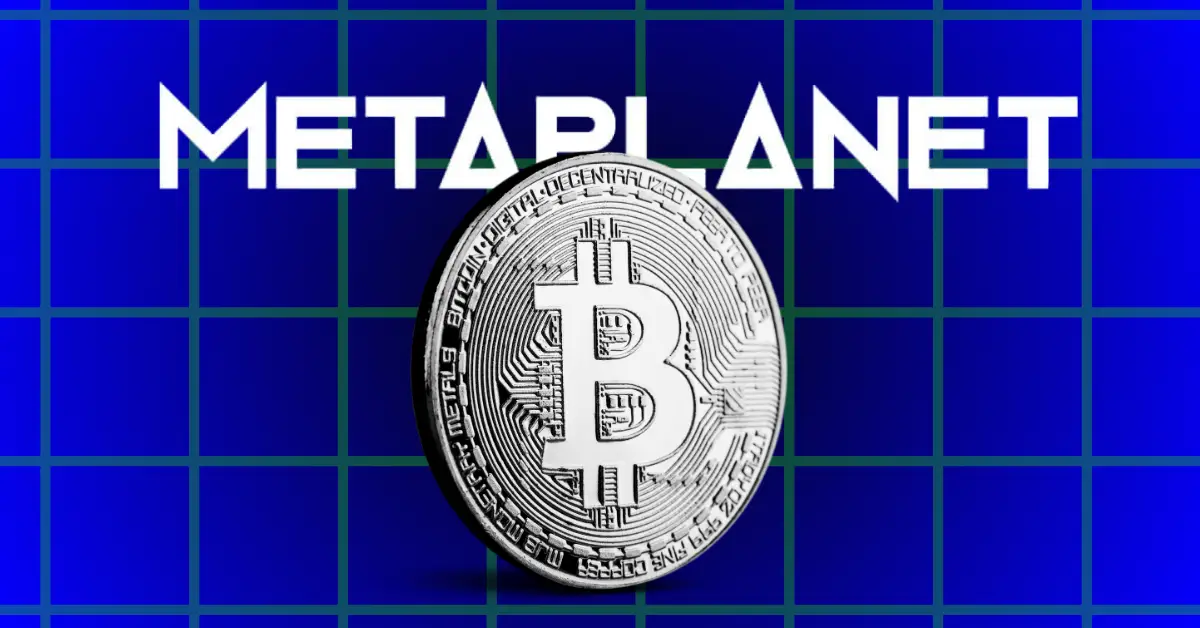
The Corporate Bitcoin Gold Rush: How Tech Firms Are Betting Big on Digital Assets
Dude, remember when corporate treasuries were all about boring old bonds and cash reserves? Seriously, those days are *over*. Enter Bitcoin—the volatile, divisive, yet irresistibly shiny asset that’s rewriting corporate playbooks. From MicroStrategy’s debt-fueled buying spree to Metaplanet’s stock-price moonshot in Tokyo, companies are treating Bitcoin like a turbocharged treasury tool. But here’s the twist: this isn’t just investing. It’s a high-stakes game of financial positioning, market signaling, and even a quiet rebellion against fiat currencies. Let’s dig into the clues.
—
1. The Pioneers: MicroStrategy and Metaplanet’s Bitcoin Playbooks
MicroStrategy, the Virginia-based software firm, went full crypto cowboy in 2020, scooping up over 500,000 BTC—mostly by issuing debt. Talk about confidence! Their logic? Bitcoin’s scarcity and potential as “digital gold” make it a smarter bet than cash rotting in low-yield accounts. And it’s working: the company’s stock now dances to Bitcoin’s tune, turning it into a *de facto* Bitcoin ETF (minus the pesky fees).
Meanwhile, Tokyo’s Metaplanet is pulling a *hold my sake* move. With a 500% stock surge in six months, they’re Japan’s poster child for corporate Bitcoin mania. CEO Simon Gerovich isn’t shy about their ambition: 10,000 BTC by 2025, fueled by zero-interest bonds and options wizardry. Their secret sauce? Buying the dips. A cool $25.9 million spent on 269.43 BTC in June alone proves they’re not here for vibes—they’re here to win.
—
2. The Strategy Behind the Madness: Timing, Tools, and Treasury Alchemy
Why Bitcoin? For these firms, it’s part hedge, part marketing genius. MicroStrategy’s “21/21” plan (21 million BTC, 21st-century money?) frames Bitcoin as the ultimate inflation antidote. Metaplanet, meanwhile, leverages Japan’s ultra-low interest rates to borrow cheaply and stack sats. Both treat downturns as fire sales—MicroStrategy dropped $285 million during one slump—proving they’re playing the long game.
But let’s talk *hyperbitcoinization*, a term coined by Blockstream’s Adam Back. The idea? Bitcoin could eclipse fiat, hitting a $200 trillion market cap. These companies aren’t just betting on price spikes; they’re positioning as early adopters in a hypothetical Bitcoin-dominated future. Whether that’s visionary or delusional depends on who you ask—but their shareholders aren’t complaining.
—
3. Culture Clash: How Regulation and Risk Appetite Shape Strategies
Here’s where it gets spicy. MicroStrategy operates in the U.S., where regulators eye crypto like a suspicious burrito at a gas station. Yet, they’ve doubled down, even as the SEC drags its feet on ETFs. Metaplanet, by contrast, thrives in Japan’s more crypto-friendly lanes, where Bitcoin’s legal tender-ish status (thanks to a 2017 law) gives them wiggle room.
Cultural risk tolerance differs too. American investors cheer MicroStrategy’s aggression, while Metaplanet’s rise reflects Japan’s hunger for alternatives amid decades of deflation. One common thread? Both firms treat Bitcoin *not* as a speculative toy, but as a core treasury asset—a mindset that’s rattling traditional finance.
—
The Bottom Line: Bitcoin’s Corporate Coming-of-Age Story
Let’s face it: MicroStrategy and Metaplanet are the canaries in Bitcoin’s corporate coal mine. Their success (or flameout) could dictate whether other CFOs dip toes—or dive headfirst—into crypto treasuries. Key takeaways?
– Timing matters: Buying dips isn’t luck; it’s calculus.
– Regulations shape playbooks: From D.C. to Tokyo, rules dictate tactics.
– This isn’t just about money: It’s about branding, innovation, and maybe, just maybe, rewriting monetary history.
So, will Bitcoin become the corporate treasury standard, or a cautionary tale? Grab your popcorn—and maybe a ledger. The experiment’s just getting started.
